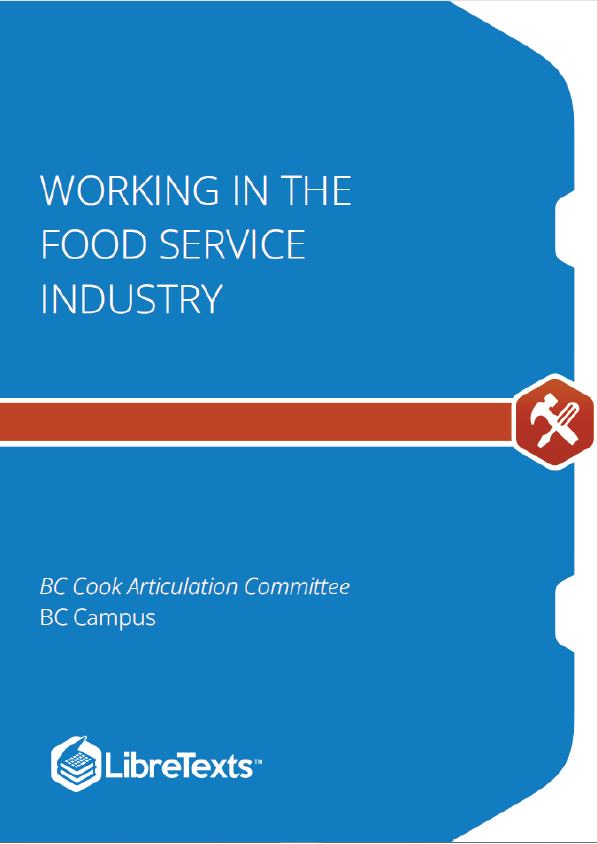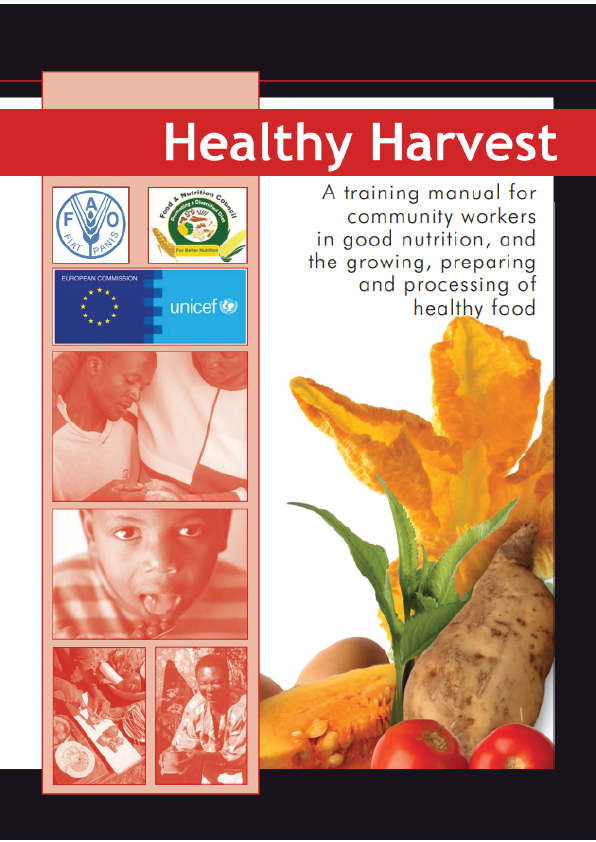Working in the Food Service Industry is one of a series of Culinary Arts books developed to support the training of students and apprentices in British Columbia’s food service and hospitality industry. Although created with the Professional Cook, Baker, and Meat Cutter programs in mind, these have been designed as a modular series, and therefore can be used to support a wide variety of programs that offer training in food service skills.
Working in the hospitality industry takes a certain kind of individual. The industry itself can be very rewarding and a lot of fun, but it also requires people who like to work with other people, enjoy a fast-paced environment, and enjoy a lot of variety in their routine, as things often change from day to day and week to week. Not all jobs in the industry require the same skills, so it is important for those who are interested in a career, either in the front or back of the house, to understand their own skills and interests, and then use that information to find the right “fit” when it comes to a job. If you don’t enjoy talking to new people and being outgoing, then likely a career in the front of the house isn’t for you. However, if you are creative, enjoy working with your hands, and find working as a team rewarding, then you might be the perfect candidate for a position in the kitchen.
The hospitality and food service industry has a longstanding tradition of quality of service and dedication to putting customer needs first. Though extremely diverse, the industry has an expectation of workers to be professional, productive, respectful, and responsive to customer needs. No matter which style of operation you are working in, it is important to remember why you chose this career path in the first place and always to respect your job and the other people you work with. The main attributes that will make you successful are commitment, dedication, and passion for what you do.
Additionally, people working in the industry often collaborate outside of their workplaces to drive the industry forward by joining and participating in local or national trade and professional associations, local food movements and events, and other activities that maintain a strong presence and voice in the community for the industry. By joining the food service industry, you should realize that your work is more than a job — some would describe it as a lifestyle — and being supportive of all the aspects of industry mentioned above will only enhance your experience.
The hospitality industry is also very connected through social media and other channels, and therefore as someone working in the trade, you are expected to be respectful of your peers, and when you are out on your own time, to treat your colleagues as you would like your customers to treat you.
Your employer pays you to do a job. The job involves performing the work you have been hired to do, whether it is cleaning, serving food, baking bread, or cooking on the line for a customer. Your employer expects you to act professionally and exhibit certain behaviours. Your job depends on your ability to assist your employer to make money. If the business loses money, your job may disappear. At the top of their list of expectations, most employers would include commitment, enthusiasm, dependability, honesty, and a willingness to learn and accept feedback. Table 1 details what is meant by these characteristics, which together would be considered professionalism.











